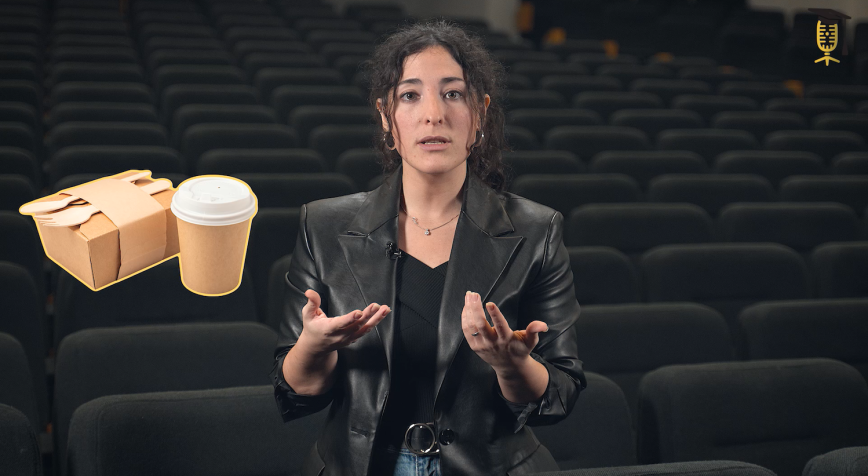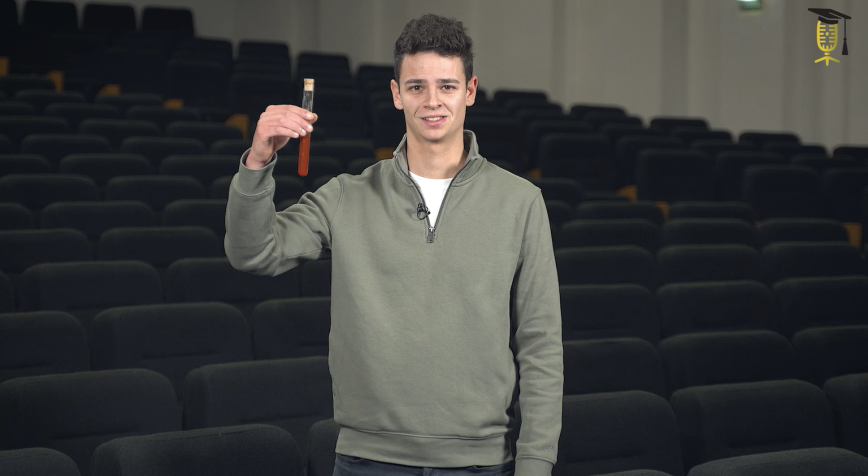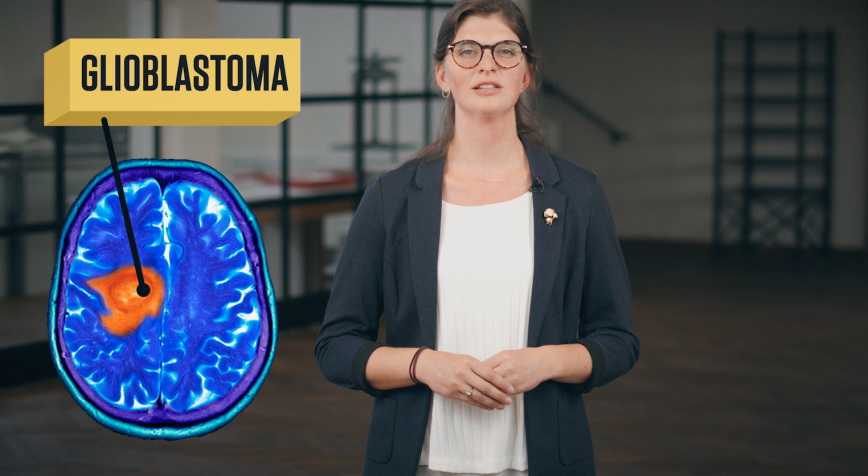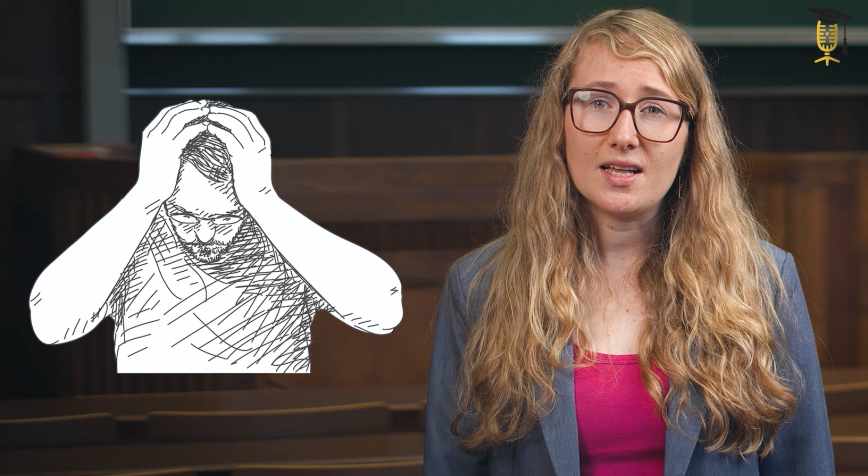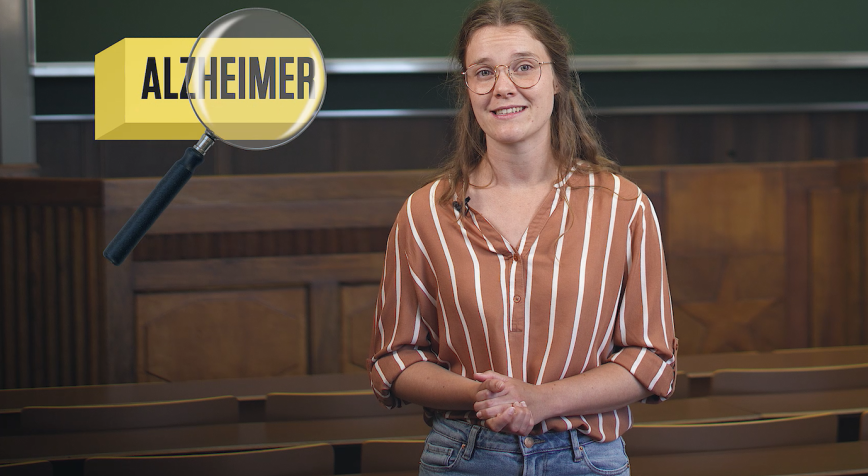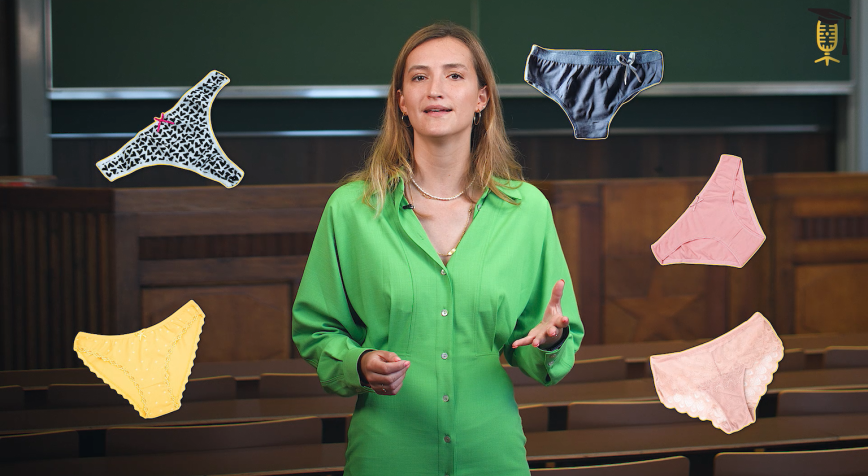
UAntwerpen
Vaccinating with a nasal spray
Will we beat the next pandemic with a nasal spray? Yes, if it depends on Ilke Van Tente. She is working on new vaccines in the form of nasal spray. Because why administer vaccines via injections, and thus into the blood, when viruses such as the COVID virus enter our bodies through the nose?





